Oceans
Science News for Students articles on oceans
-
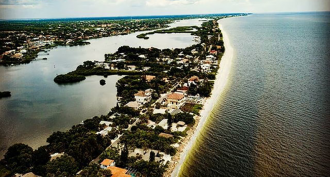 Oceans
OceansNew tools aim to better predict blooms of toxic algae
Scientists across the United States are developing programs that can predict when blooms of toxic algal may occur.
-
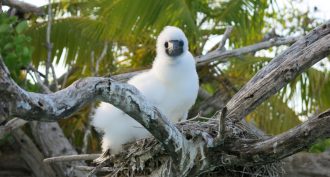 Ecosystems
EcosystemsBird poop helps keep coral reefs healthy, but rats are interfering
Eradicating invasive rats from islands may help boost numbers of seabirds. The birds’ droppings provide nutrients to nearby coral reefs.
-
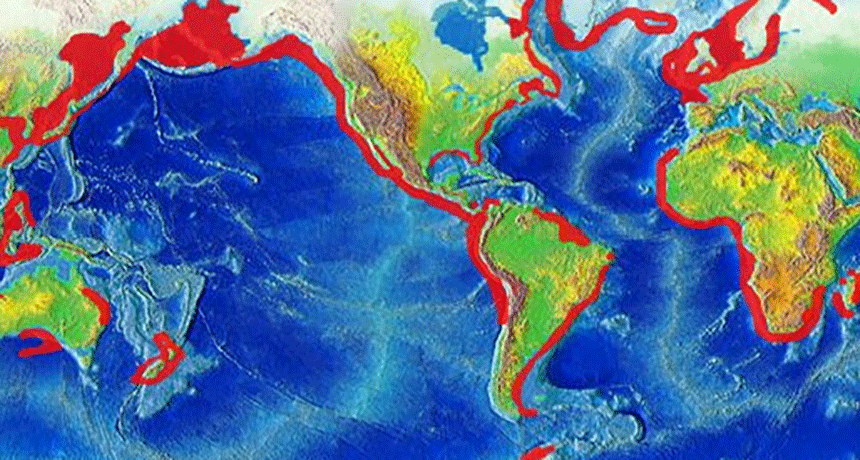 Earth
EarthScientists Say: Upwelling
This is a process in which a substance rises and spreads out over something else. Upwelling happens in the ocean, inside the Earth and even in a planet’s atmosphere.
-
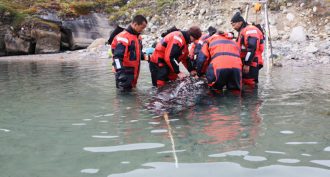 Animals
AnimalsHere’s what narwhals sound like underwater
Scientists eavesdropped while narwhals clicked and buzzed. The work could help pinpoint how the whales may react to more human noise in the Arctic.
-
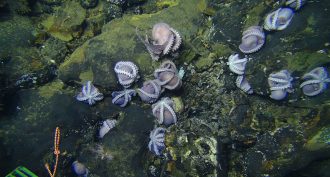 Animals
AnimalsDeep-sea expedition led researchers to doomed octopus nursery
The ill-fated octopods may be a sign that a healthy population is hiding nearby.
-
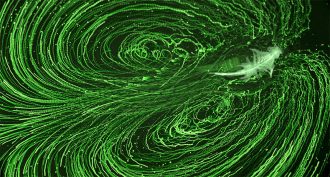 Oceans
OceansSmall swimmers may play huge role in churning the seas
Hoards of migrating shrimp and krill can cause large-scale water movements in the ocean, a new study suggests.
-
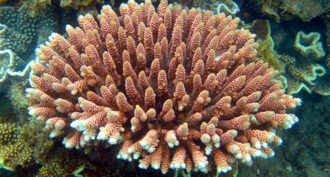 Oceans
OceansOcean heat waves are on the rise — and killing coral
Ocean heat waves are becoming hotter and more frequent. And one can be blamed for the 2016 coral deaths on the Great Barrier Reef.
By Dan Garisto and Carolyn Gramling -
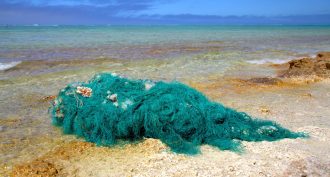 Environment
EnvironmentPacific garbage patch may be 16 times bigger than thought
The giant ‘garbage patch’ that floats between Hawaii and California weighs at least 79,000 tons, a new estimate suggests.
-
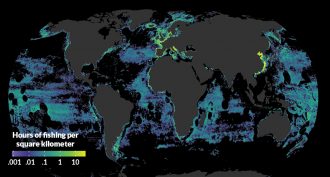 Oceans
OceansMore than half the world’s ocean area is actively fished
Fleets harvest fish from 55 percent of the world’s total ocean area. Just a handful of countries play an outsized role fishing the open ocean, far from coasts.
-
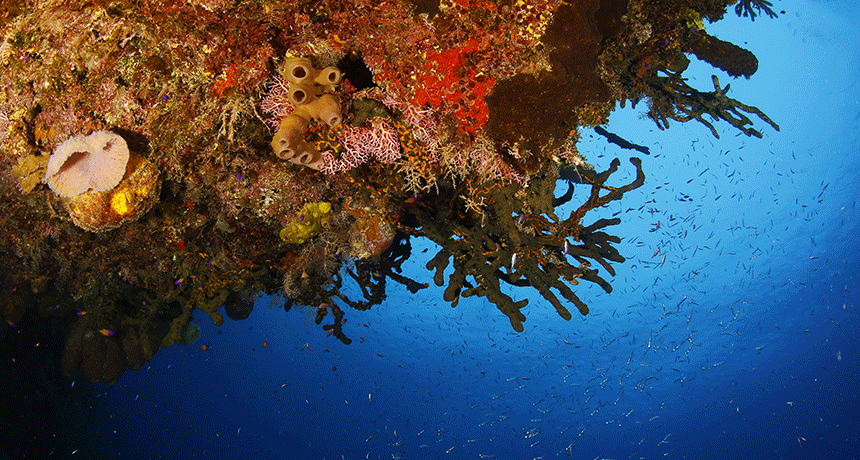 Ecosystems
EcosystemsExploring the mysteries of Cuba’s coral reefs
Researchers are studying the mysterious lives of creatures in and near Cuba’s coral reefs. What they learn could help protect ocean life globally.
By Bryn Nelson -
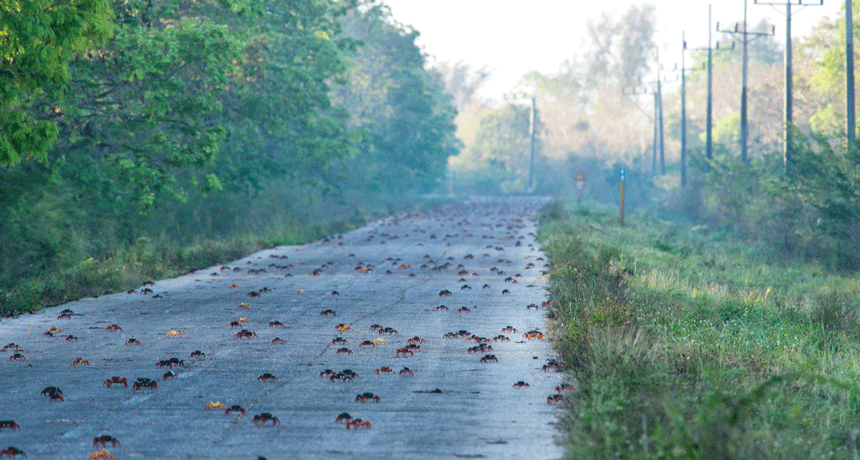 Ecosystems
EcosystemsMigrating crabs take their eggs to the sea
Cuba’s colorful land crabs connect swamp and sea with their yearly mass migrations. Protecting their routes can help other animals too.
By Bryn Nelson -
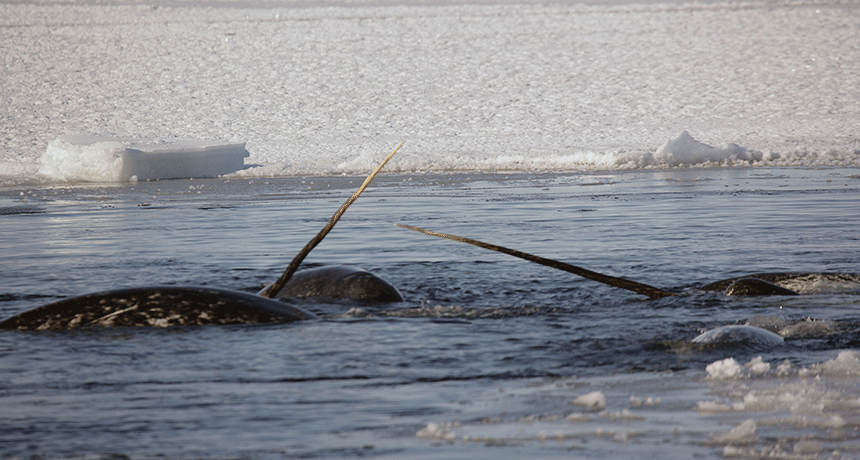 Animals
AnimalsEscaping narwhals can freeze and flee at the same time
Narwhals’ heart rates plummet while diving quickly to get away from people. The combination may stress the whales as human activity increases in the Arctic.